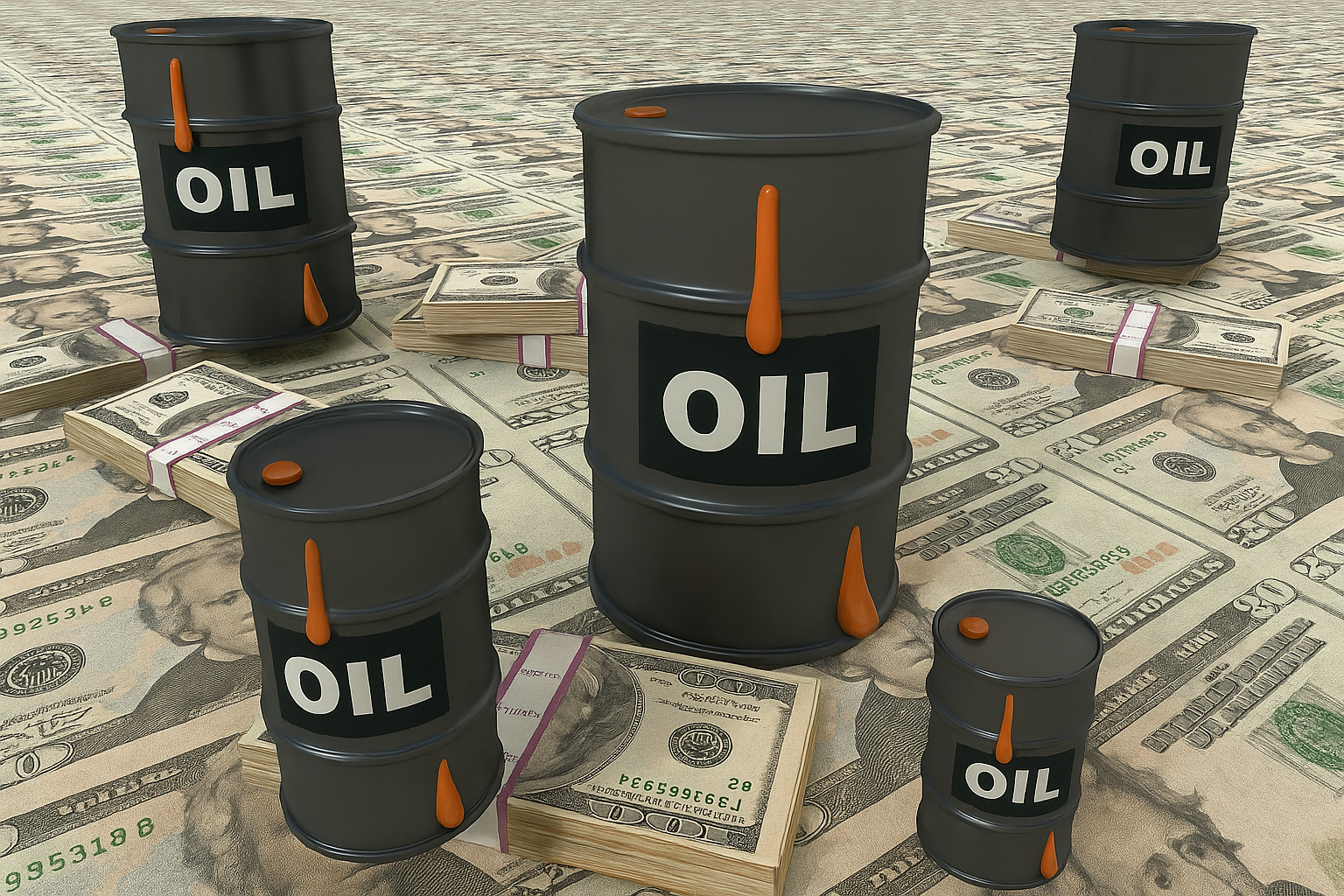The war between Israel and Iran: how it will affect oil and gas prices
16 June 14:38
The military escalation between Israel and Iran triggered a wave of panic in the energy markets, with oil prices skyrocketing in the first days of the conflict. Prices soared to almost $90 per barrel, but have already begun to decline. Europe is nervous: there are growing concerns about energy supplies through the Strait of Hormuz, a key route for oil tankers from the Middle East. Gas is also affected: prices in the EU have gone up. What will happen next – a rapid rise in price or a new drop – was found out by "Komersant Ukrainian"
Thus, economist Andriy Novak calls the current price increase short-term and explains it solely by the psychological effect.
“Oil has risen in price only as a reaction to the threat of war. But in practice, we see something else: demand for oil is declining due to the downturn in the US and Chinese economies, while production continues to grow. Therefore, after a wave of panic, the price may not only return to the previous level, but also fall even lower – to $50 per barrel,” Novak predicts.
According to him, gas prices usually follow oil prices, so if oil prices fall, gas prices will also fall.
In turn, energy expert Yuriy Korolchuk believes that the price of Brent crude oil is unlikely to exceed $90 per barrel unless something extraordinary happens, such as the blocking of the Strait of Hormuz, which is the main route for oil and gas exports from the region.
According to him, the global oil market has changed in recent decades. In the past, war was almost guaranteed to cause a sharp rise in prices, but now it’s different, he explained.
“Oil consumption, especially in Europe, is declining. We have not seen Russian oil being replaced by other oil – we have seen less of it in principle. This means a surplus on the market. OPEC is forced to limit production. Even an event such as a war between Israel and Iran no longer causes a sharp jump in prices, as it did in the 70s or 90s,” he said.
Instead, economist Oleh Pendzin believes that the conflict in the region could play into Russia’s hands. The rise in oil and gas prices, even if temporary, gives the Kremlin additional income that it can use for the war against Ukraine.
“Brent crude oil is now worth about $74, Urals – $66. And this is much higher than the target price cap, which the West wants to reduce to $45 per barrel. But it will be difficult – Hungary and Slovakia will definitely oppose it,” says Pendzin.
He recalls that last year the EU transferred $24 billion to Russia for energy, more than Ukraine received in aid.
“These are not just numbers – this is a resource that the enemy uses every day,” the expert emphasizes.
Despite the hot headlines and fears on the stock exchanges, experts are inclined to believe that there will be no sharp and lasting jump in oil and gas prices.
However, they warn that everything will depend on how the conflict in the region develops and how quickly the world will be able to react to it.









